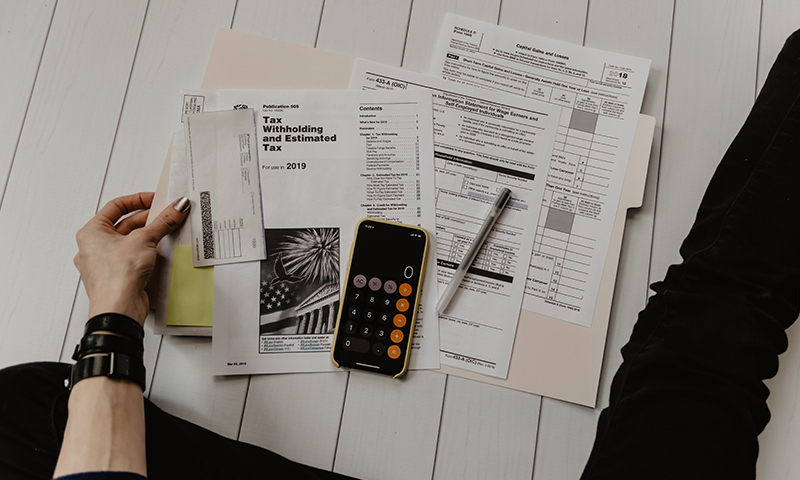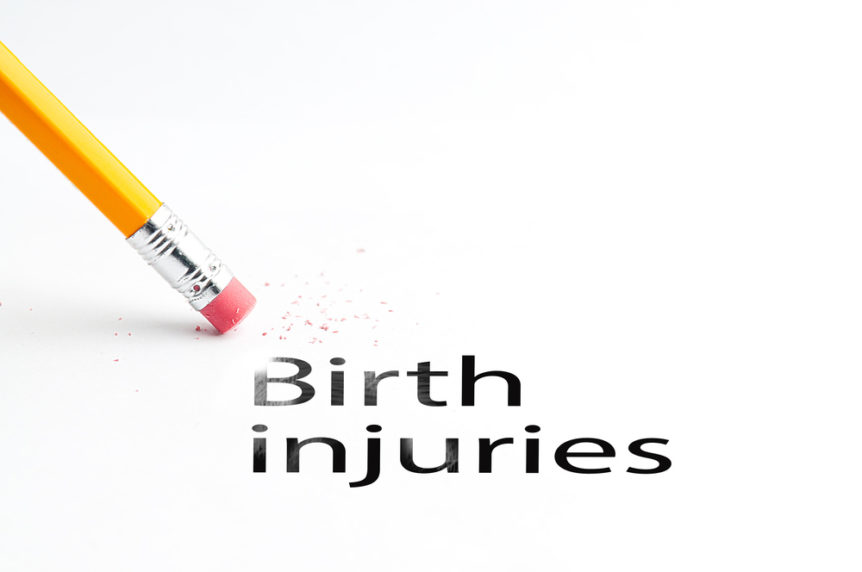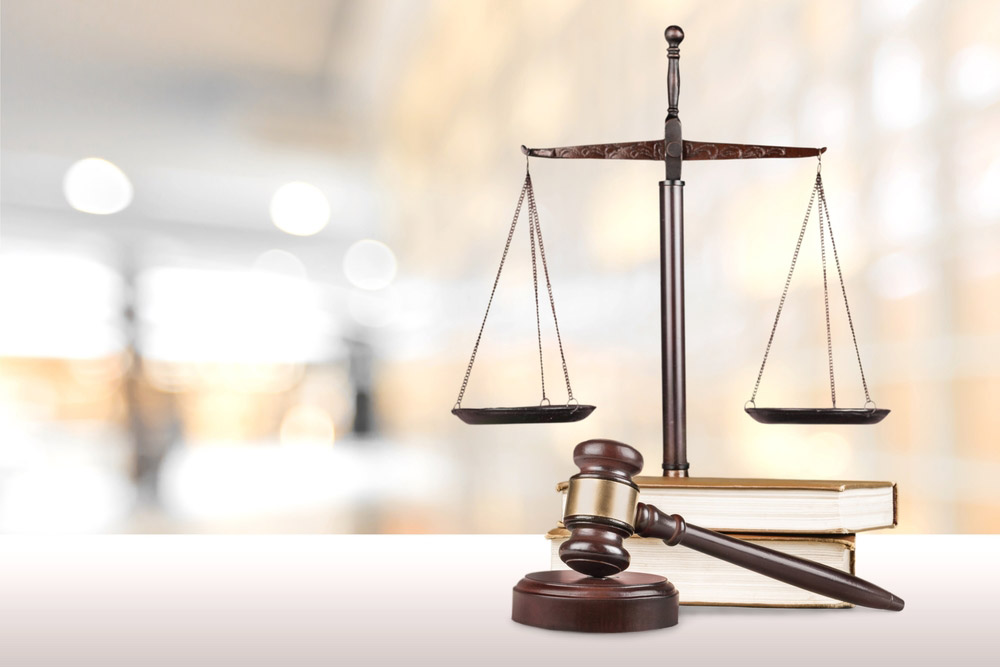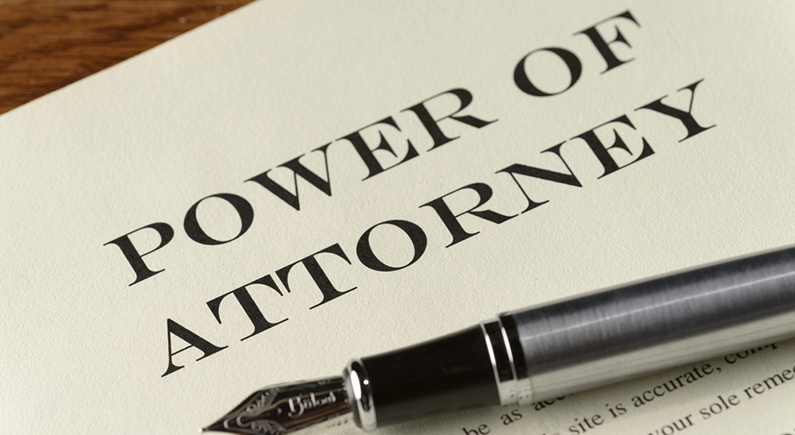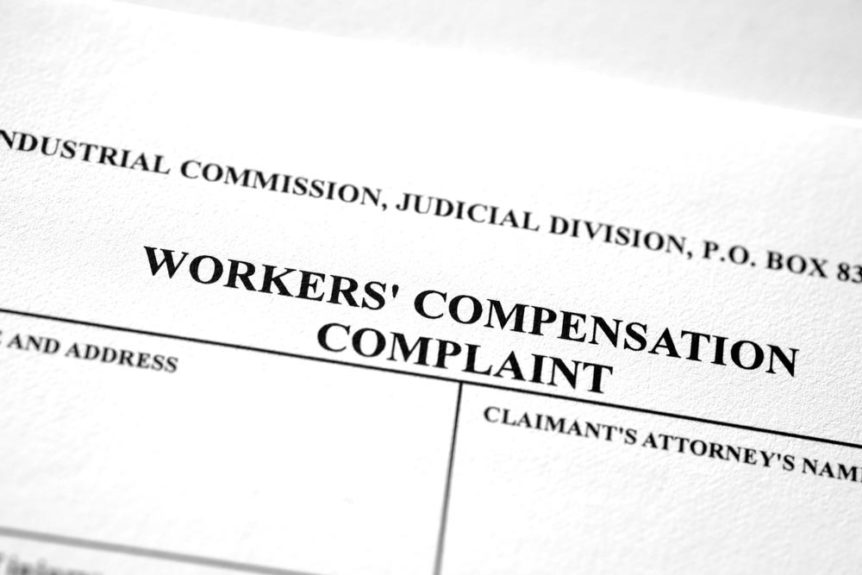International rules, governing the use of the seas and oceans, are known as Maritime Laws or the Law of the Sea.
This area of law deals with a variety of factual scenarios. For instance, industrial accidents that result in the damage of vessels and cargo, seamen injuries, and hazardous chemical spills are all dealt with by maritime law.
There are several basic tenants relatedto Maritime law, especially for the seamen and the sea, including:
- The right for a rescuer to be able to claim a Marine Salvage award for returning property that was lost at sea
- The ability for a seaman who is waiting for wages and creditors to have a Maritime Lien against a ship as a security interest to make sure that they are eventually paid.
- Ship owners must provide realistic care to ship passengers. If any passenger is injured, a suit can be brought against a shipowner – just like if they were injured on land.
- The advantage of cure and maintenance, which makes it, so that ship owners have to care for injured crew members in service to the ship. Maintenance requires ship owners to provide their crew with basic living expenses until they can go back to work. Cure requires ship owners to provide their crew with free medical care – even if the care ends up being permanent or long-term until the injured seamen reach a state of maximum medical cure.
All of that this means is that this part of law governs over how people do business and interact on the open waters of the world. When talking about maritime law, there is a need to discuss the Jones Act.
The Jones Act
The Jones Act is a law made by the federal government that controls maritime trade in the United States. This act makes it so that goods that are shipped between US ports need to be transported on ships that are operated, owned, and built by citizens of the United States or permanent residents.
The Jones Act also gives sailors additional rights, including the ability to seek damages from the shipowner, the captain, or the crew in case of injury. This act, while important, increases the shipping cost to Puerto Rico, Alaska, and Hawaii, along with other non-continental US lands that rely on imports by limiting the number of ships that can legally deliver goods.
Maritime Lawyers

You might be asking yourself why you should hire a maritime lawyer in Houston, and there are several reasons that a maritime lawyer would be beneficial in the case of an injury.
If you’re not ready to start litigation, you might want to consider consulting with a maritime lawyer to talk about your claim regardless. In many cases, your company may ask you to sign a release to receive payments for unearned income, medical benefits, and maintenance, or an agreement. It’s important to have all of these documents looked overby a maritime injury lawyer before you sign anything to ensure that you aren’t waiving your rights to recovery.
The most important reason that you should hire a maritime lawyer is thatinsurance companies and your employer will have teams of lawyers representing them. Their ultimate goal is to take care of your claim as cheaply as possible.
It is always a good idea to have an attorney representing your interests that can stand up to your employer and the insurance company.You are new to this process; your employer, their insurance company, and their attorneys deal with these types of cases regularly.
When Should I Use a Maritime Lawyer?
Below is a list of common reasons that you might need a maritime lawyer:
- You crash into another boat
- Someone else crashes into your boat
- You hit a dock with your boat
- Someone else’s boat runs into your dock
- Your ship spills waste or other pollution into the water
- You are injured, or someone else is injured in a crash on the open water
An attorney can help you figure out if maritime law applies to your case. Your legal issue might not be under maritime law jurisdiction, but it depends on where it happened and how it affected commercial activities on the water.
How Much Do Maritime Lawyers Cost?
Maritime lawyers usually charge an hourly fee for their services. Others charge on a contingency basis, meaning they will take some portion of your winnings if you have a strong enough case with a good chance of winning. Establishing a rate with your lawyer up front is a great idea, especially since the rates will vary depending on where you live or how complex your case is.
Benefits of a Maritime Lawyer
An experienced lawyer in maritime law can review the facts of your case and decide on your best legal options. They will do this by examining:
- Your worker status at the time of the injury
- The seaworthiness of the ship you were working on
- The timeframe for bringing a claim
- All other factors that might have contributed to your injury
Another major benefit of hiring a maritime lawyer is that they know how to handle offshore companies. If you were to go about this alone, you might feel like there is no hope. After all, you’re just one person, and your company’s an established corporation that knows how to handle maritime injuries. Therefore, there isn’t any reason why you shouldn’t have aggressive representation as well.
Choosing the Right Maritime Lawyer in Houston
Maritime law is complex, even though these laws are designed to protect the rights and livelihood of maritime workers who become ill or injured, they can be difficult to navigate and are often full of roadblocks.
This is why it’s critical to seek representation from a maritime lawyer. When choosing a maritime injury lawyer, you should inquire about the number of cases that they have represented – you want to find someone with a great success rate. Don’t let a lawyer avoid any of the questions you may have; you have to select someone prepared to give you honest and straightforward answers.


